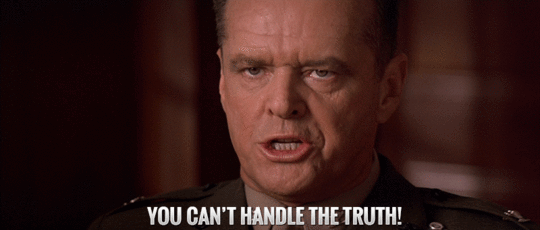What do you think?
Rate this book


46 pages, Unknown Binding
Published January 1, 2013
People are made of stories. Our memories are not the impartial accumulation of every second we’ve lived; they’re the narrative that we assembled out of selected moments. Which is why, even when we’ve experienced the same events as other individuals, we never constructed identical narratives: the criteria used for selecting moments were different for each of us, and a reflection of our personalities. Each of us noticed the details that caught our attention and remembered what was important to us, and the narratives we built shaped our personalities in turn.




